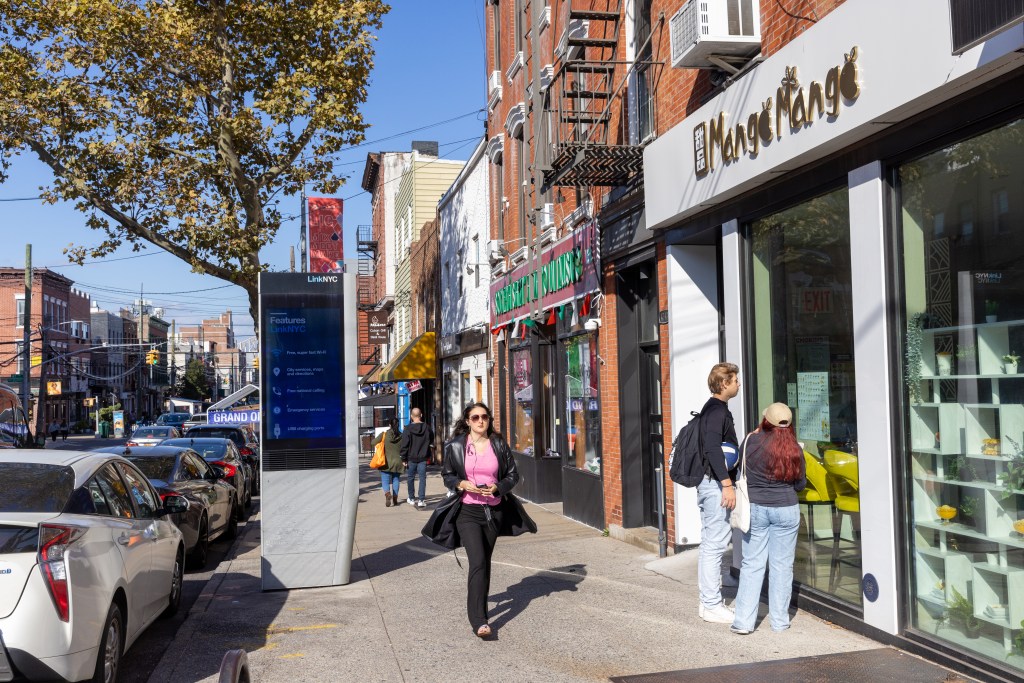Mexican native Lorenzo Huerta, 59, recalled paying a bill of $180, after calling Mexico directly from his cell phone for 15 minutes.
Huerta said he didn’t try to fight the bill with T-Mobile; instead he just paid it. Ever since then, Huerta said he learned his lesson and only uses calling cards to speak to his family in Mexico.
“Sometimes we end up facing the same problems,” Huerta said. “Sometimes even worse.”
The Federal Communications Commission (FCC) is trying to help cell phone customers like Huerta through new rules proposed on October 14 that would require mobile service providers to provide usage alerts that will assist consumers in avoiding unexpected charges on their bills. But Huerta thinks that the FCC’s proposals won’t change the way cell phone companies do business and treat their customers.
The FCC, an independent federal government agency that regulates communications by radio, television, wire, satellite and cable, found in a 2010 survey that one in six mobile users have experienced cell phone “bill shock,” an unexpected increase in their monthly bill.
More than half those consumers saw an increase of $50 or more, but many were not alerted by their provider before they incurred the charges, according to the FCC. Two-thirds of bill shock complaints received by the FCC in the first half of 2010 were for amounts of $100 or greater, and some even exceeded $10,000 in disputed charges.
David Butler, spokesperson for the Consumers Union, said the organization also did a similar survey and found that one out of five cell phone users reported surprises on their bills.
“These aren’t errors,” Butler said. “These are high amounts of charges that consumers weren’t expecting.”
To address this challenge, the FCC is proposing rules that would prevent bill shock and will start seeking official comments during a 30-day period once the FCC’s Notice of Proposed Rulemaking (NPRM) is published in the Federal Register. The proposed rules would require mobile companies to notify customers through voice or text alerts, when the customer approaches and reaches monthly limits that will result in overage charges.
The FCC proposed rules would also require providers to notify customers when they are about to incur international or other roaming charges. In addition, one of the proposed rules would require clear disclosure of set usage limits. The FCC is also seeking comments on whether carriers should be required to offer customers the option of capping their usage.
“As phones have become more sophisticated, phone bills are becoming more complicated,” Butler said.
That’s the same way Colombian native Raul Bueno, 50, feels. Bueno switched over from a family plan with Sprint to MetroPCS after six years because he felt that Sprint deceived him. He said Sprint charged him $80 in three separate occasions for Internet service he did not order. He said he was charged by Sprint several times for mistakenly hitting a button to access the Internet, even though he backed out of the service right away.
“These companies abuse people too much when you have a contract with them,” said Bueno, who lives in Forest Hills.
John Taylor, a spokesperson for Sprint, said Sprint offers customers several tools to monitor monthly usage and help avoid bill shock. Sprint notifies new customers via email the first time they have incurred $10 or more in voice, text or data overage charges, and existing customers when they incur $20 or more in overages.
“Our customer care reputation is improving in survey after survey,” Taylor said.
This article was written as part of New York Community Media Alliance’s Ethnic Media Fellowship on Communications Policy and Practice Fall 2010.































